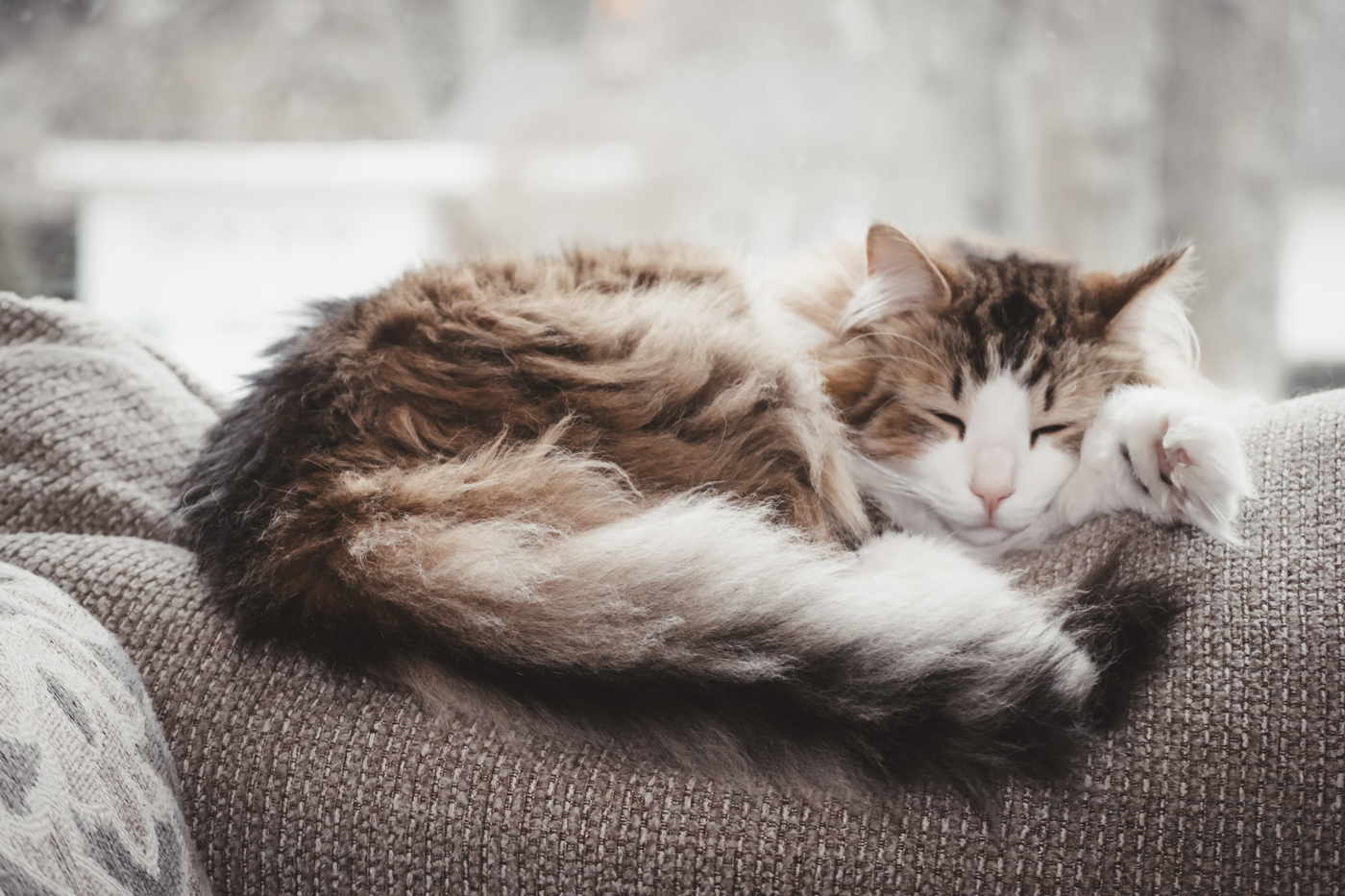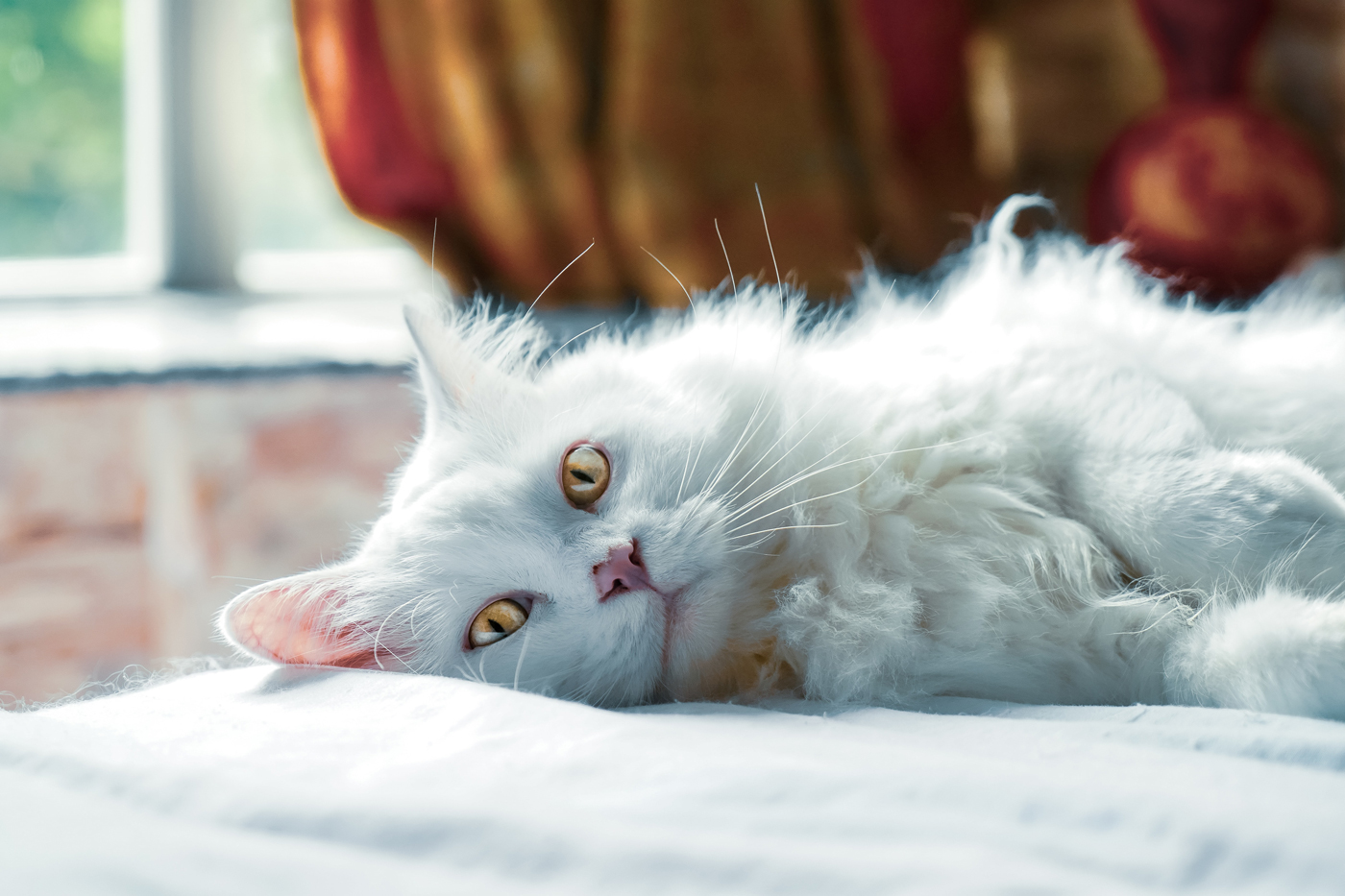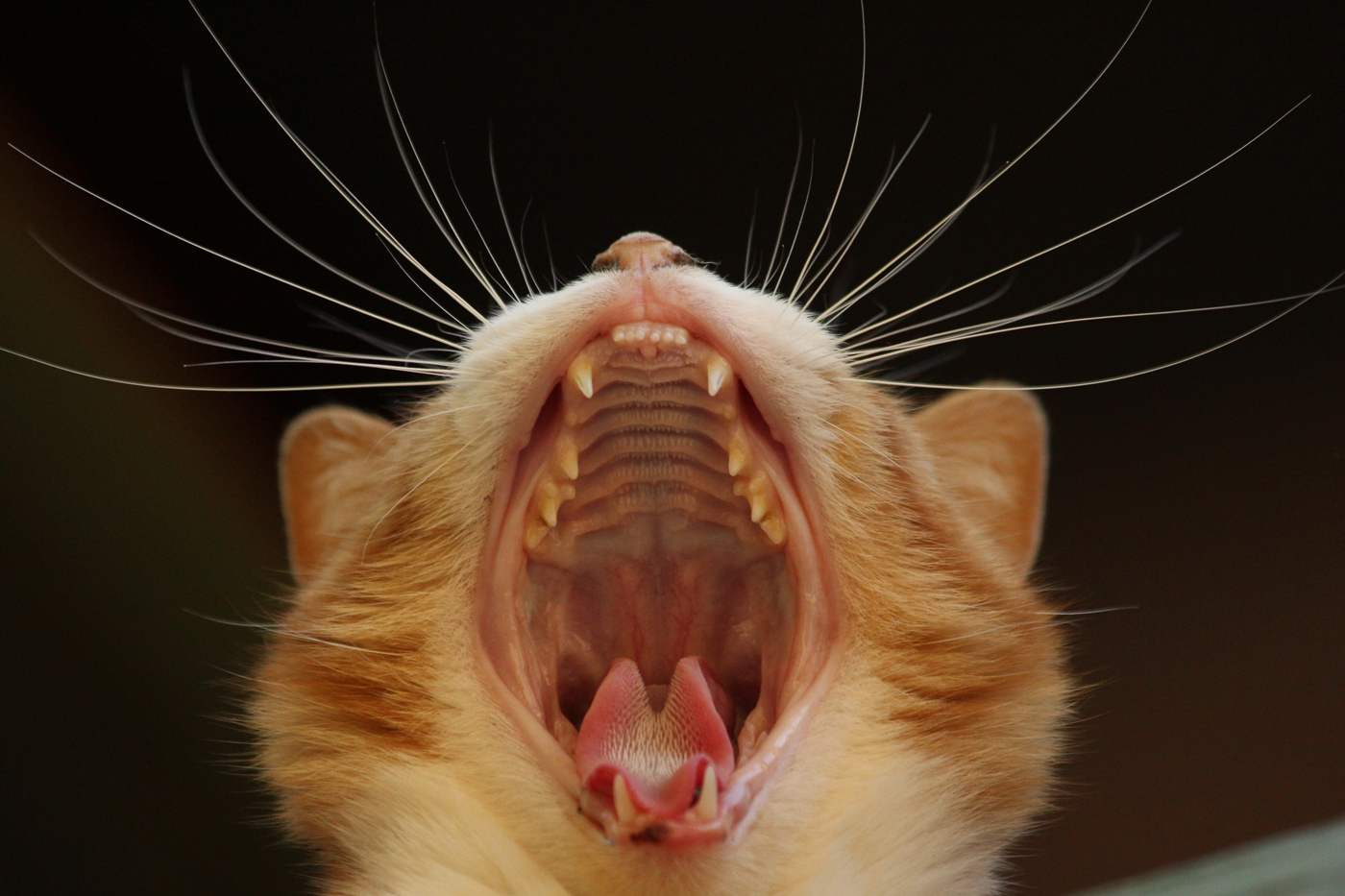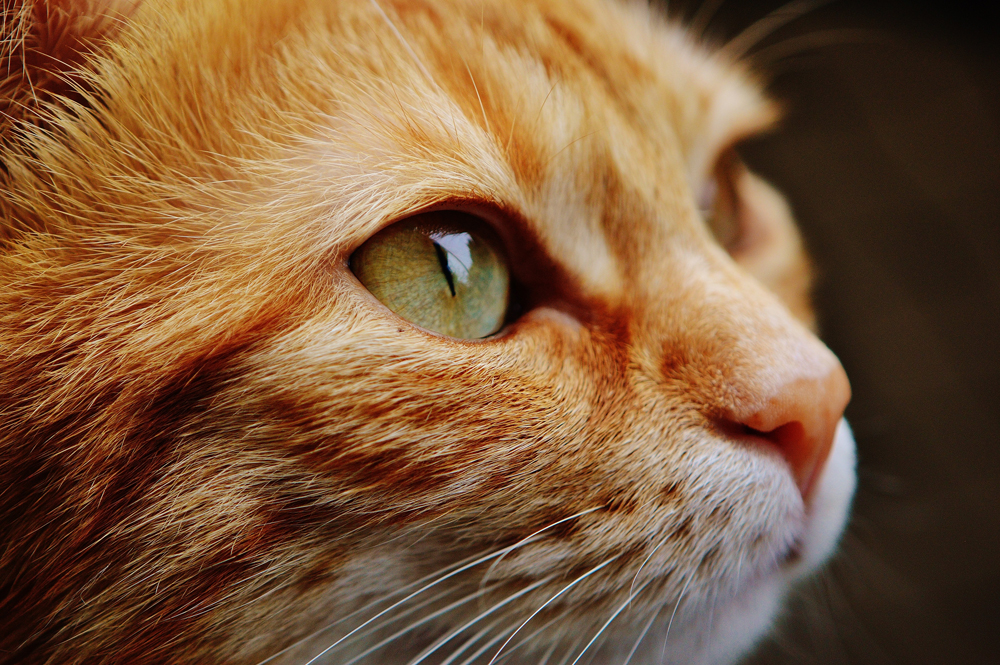
Common health problems in older cats
13th May, 2021
A cat’s hunting instincts are truly remarkable. But as natural predators they are also adept at covering up for any illnesses or injuries as they age. Unfortunately, this ability makes it tough not only for other predators or rival cats to spot weaknesses, but also their loving owners.
So, what are the common health problems your older cat could be suffering from – and how can you spot them before it’s too late? After all, a speedy diagnosis and effective early treatment could add years to your faithful feline’s life.
The helpful team of animal lovers at Petwise are specialists in arranging pet insurance for older cats. Give us a call today and get cover in place for vet care now.
How to spot common health problems in older cats
Arthritis
An extremely common degenerative joint disease found in cats causing painful, swollen joints.
From unhealed injuries and hereditary conditions to old age and excess weight, arthritis has many causes. But whatever the cause, arthritis is an extremely painful condition and needs to be treated to ensure your older cat has a happy and pain-free life.
Look out for:
- Behavioural changes – Pain can cause cats to become more grumpy, intolerant and even aggressive.
- Reluctance to jump, climb or even go up and down stairs.
- Not using the litter tray if its sides are too high.
- Difficulty grooming.
- Stiffness, lameness and reduced mobility – particularly after resting.
PDSA has lots of great information on preventing arthritis, how to treat it and useful tips on home care for your cat.

Cancer
Sadly, cancer is comparatively common in cats and usually affects their skin, breast or the white blood cells. But this insidious disease can occur elsewhere in their body, and symptoms can be varied.
These include:
- Lumps and bumps on their body (although not all are cancers).
- Non-healing sores.
- Loss of appetite.
- Weight loss.
- Lethargy and weakness.
- Increased thirst.
- Poor coat condition.
- Difficulty breathing.
- Digestive problems such as vomiting and diarrhoea.
The Blue Cross animal charity has a useful guide to coping with cancer in cats.
Chronic Kidney disease
Commonly affecting older cats, chronic kidney disease will lead to irreversible kidney damage.
Unfortunately, according to Cats Protection most cats won't show symptoms until 75% of the kidneys are damaged.
That’s why many vets offer routine urine and blood tests as part of vaccinations and check-ups. Symptoms include:
- Increased thirst and toileting.
- Reduced appetite and weight loss.
- Bad breath and poor coat condition.
- Mouth ulcers.
Constipation
Another common health problem is that of constipation. There are many different issues that can cause or contribute to constipation in older cats. Many of these are discussed in the International Cat Care guide to constipation in cats.
Watch out for:
- Straining and difficulty during toileting.
- Pain or increased vocalising when toileting.
- Less frequent toileting.
- Hard or dry faeces.
This is one of the many reasons why it’s important to always ensure your cat has access to fresh water.
Dental disease
Owing to the difficulties of getting a good look inside a squirming cat’s mouth, this can be one of the most neglected areas of feline health. Plaque and tartar build up and periodontitis can all develop in older cats.
Signs of dental disease can include:
- Reduced appetite and weight loss.
- Dropping food and eating on just one side of the mouth.
- Smelly breath.
- Red and bleeding gums.
- Excessive drooling.
- Pawing at the mouth.
Cat charity Feline Friends has advice on reducing risks to your cat's teeth.

Diabetes mellitus
Diabetes can occur in cats of any age, but most usually in middle-aged and older cats. The most common signs to look out for include increased thirst and urination, as well as increased appetite and weight loss. Other signs include:
- Weakness and lethargy.
- Vomiting and/or diarrhoea.
- Skin or urinary tract infections.
The global diabetes community Diabetes.co.uk notes diabetes in cats can be difficult to diagnose and treat. The earlier you can get help for your cat, the better. Read our recent blog on the signs of diabetes in an older dog for possible causes.
High blood pressure
Hypertension is often a sign of an underlying illness and needs early treatment to avoid serious harm to the cat’s eyes, kidneys, heart and brain.
A handy Cats Protection leaflet states that signs of high blood pressure include:
- Changes inside the eye, including bleeding.
If left untreated, these signs can become permanent, so talk to your vet as a matter or urgency. That’s just one of the many reasons why pet insurance for older cats is so vital.
Deafness
Whether a cat is born deaf or loses hearing due to old age, injury or illness it can be difficult to tell if your cat is deaf. And it’s difficult to know the extent of the condition and whether it’s reversible or permanent.
Signs of deafness include:
- Failure to respond to calls or loud noises.
- Being easily surprised.
- Loud vocalisations.
- Dizziness or disorientation.
- Shaking their head or clawing at the ears.
- Pus, discharge or an unpleasant odour coming from the ears.
Cats Protection has advice on the types of deafness, symptoms, care and other common questions.

Hyperthyroidism
Hyperthyroidism is where too much thyroid hormone is being produced leading to a speed up in metabolism. Mainly affecting older cats, symptoms can include:
- Increased appetite and/or thirst.
- Weight loss.
- Vomiting and/or diarrhoea.
- Poor coat condition and hair loss.
Early treatment can help make your cat’s life a lot more comfortable.
Senility, dementia and cognitive dysfunction syndrome
Cognitive dysfunction syndrome (CDS) is a decline in cognitive abilities in older cats. This decline can affect learning, memory, attention, and spatial abilities. Signs of CDS include:
- Spatial and temporal disorientation.
- Altered social and environmental interaction.
- Changes in sleeping/waking cycles.
- Increased vocalisation.
- Inappropriate toileting.
- Changes in learning, memory and other activities.
Pet protection from Petwise
Protecting your older pet is easy with Petwise. We now offer seven cover levels of pet insurance for older cats to suit all budgets and cat requirements. Dental cover is included as standard on all policies. There’s also a contribution towards specialist senior pet food.
Finding pet insurance for older cats is easy with Petwise – get a quick quote today.
Policy benefits, features and discounts offered may very between insurance schemes or cover selected and are subject to underwriting criteria. Information contained within this article is accurate at the time of publishing but may be subject to change.